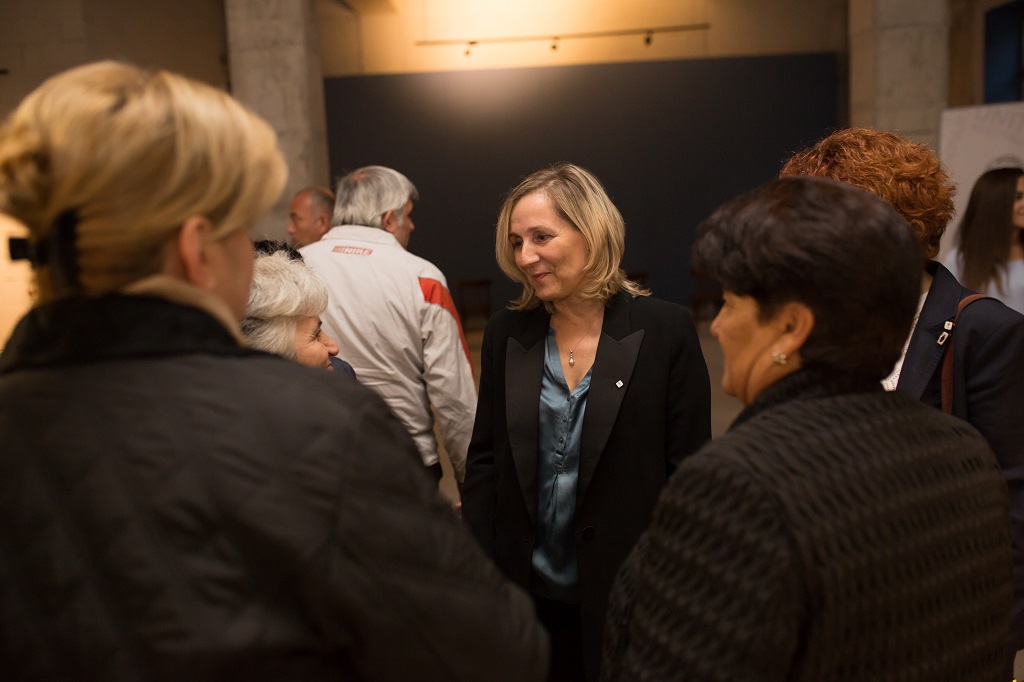The International Committee of the Red Cross (ICRC) Delegation in Armenia marked the 25th year of its presence in the region in connection with the Nagorno-Karabakh conflict. Since the onset of the conflict in 1992 and until today, the ICRC has been carrying out its humanitarian work as a neutral, impartial and independent organization. Through the Delegations in Yerevan and Baku and the Mission in Nagorno-Karabakh, the ICRC addressed a range of needs of people affected by the conflict, mandated by the Geneva Conventions to protect and to assist them.
Yesterday, during a reception the Head of ICRC Delegation in Armenia Caroline Douilliez noted, “After the ceasefire in 1994, we remained present in the region to address the consequences and recurring needs. Today, on the international border between Armenia and Azerbaijan, we continue to work in villages with people who deal with daily insecurity, the loss of livelihoods and economic opportunities.”
As a highlight of the reception, the ICRC Delegation in Armenia focused on one of the tragic and long-lasting consequences of the conflict, which is the issue of the missing people. Through an exhibition, the ICRC showed different aspects of the problem. These included the plight of the families waiting endlessly for the news about their loved ones, the ICRC’s work on the issue and what is needed to bring answers about their fate.
“Beyond recognition, there is only one thing that can bring closure to families. Knowing what happened. Finally getting a confirmation whether their relatives are alive or dead”, said Mrs. Douilliez. “This is why the ICRC has offered all the authorities to be the neutral intermediary and support their efforts to determine the fate. We continue to be committed to play that role, whenever the sides are ready for this. We hope that this moment will come sooner than later.”
In connection with the Nagorno-Karabakh conflict, there are over 4,500 missing people, both military and civilians, registered by the ICRC. More than 400 of them were registered in Armenia. Since 2014, the organization has been collecting DNA from the blood relatives of the missing to preserve information that may be used to identify human remains in the future. The ICRC supports the relatives by helping them improve access to medical, legal and administrative services. We provide economic and psychosocial assistance, and help with finding ways to commemorate their missing relatives and to sensitize communities around them.





















































